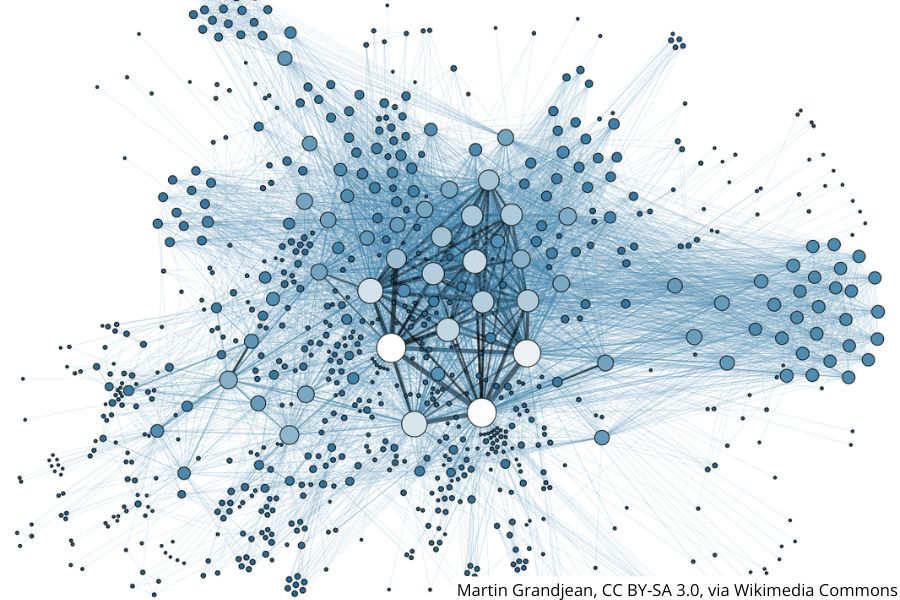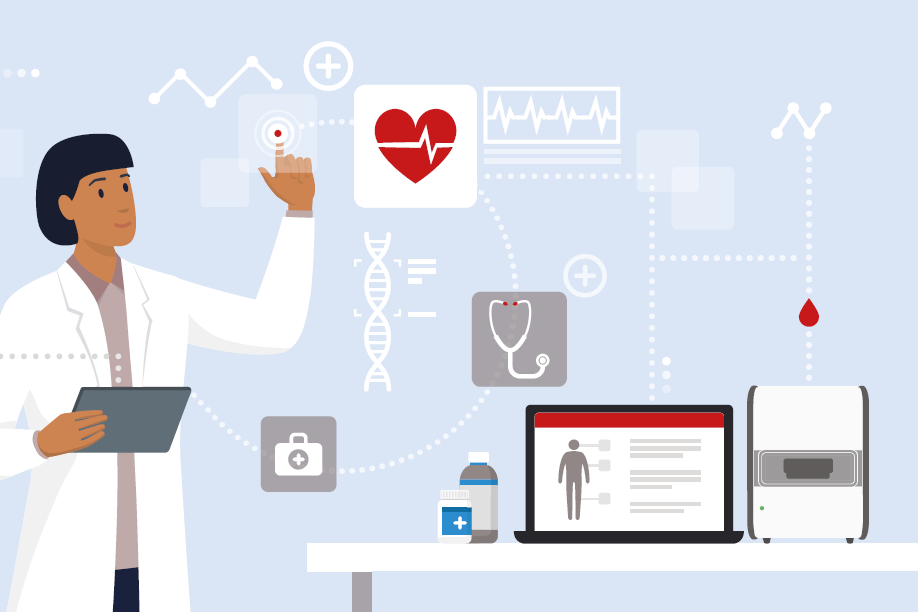Share
Share

The clinical, biochemical and genetic data generated in the PoCCardio clinical trial are used to develop a computational AI-based tool for predicting the risk of a heart attack in patients and their response to therapy.
The proof-of-concept PoCCardio AI tool is based on longitudinal AI-based data analysis tools and methodologies, supplemented by Systems Bioinformatics approaches.
After thoroughly reviewing existing research on AI tools for analysing long-term data, the project has developed a new method for automatically grouping patients based on shared characteristics without needing human input. This method, called TAPIO (Tree Affinities with Principal Components), enhances the interpretation of patient data by identifying the key biomarker traits associated with each group. The next step is to enhance TAPIO further by creating three new versions that can better handle data collected over time and account for changes within the same patient.
More on research paper: Hierarchical Clustering with an Ensemble of Principle Component Trees for Interpretable Patient Stratification
To approach the disease holistically, network science methods are used to study it within the context of complex biological networks. This approach helps uncover the underlying mechanisms, predict the risk of a heart attack, and assess how well treatment might work.
In conjunction with data from the clinical trial, the project will leverage publicly available data from existing cardiovascular disease (CVD) studies. This approach will optimise the systems, bioinformatics and machine learning tools, demonstrating their real-time application on diagnostic and clinical data for CVD. Moreover, it will provide further validation for an informative panel of protein biomarkers to predict disease severity in patients at extremely high risk for CVD.
STAY IN THE LOOP
Subscribe to our newsletter
13 out of 29 study centres in Austria, Germany and Poland have begun recruiting participants for the trial of the PoCCardio point-of-care solution.
PoCCardio welcomes the Bioinformatics Department at CING - The Cyprus Institute of Neurology and Genetics





